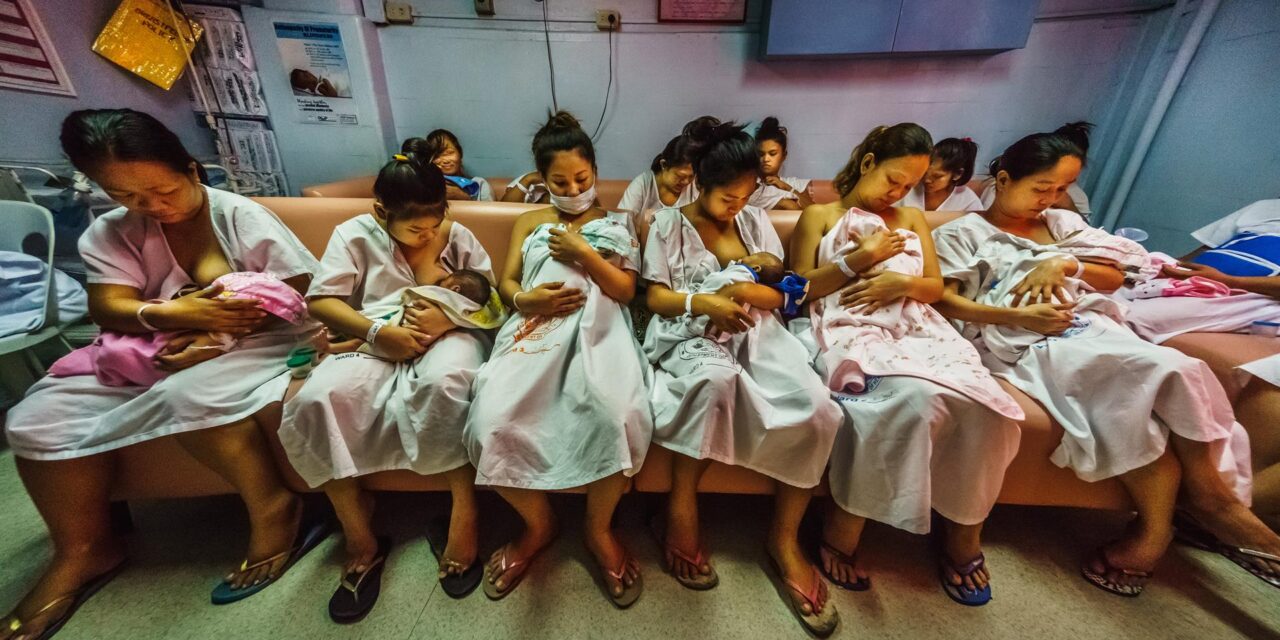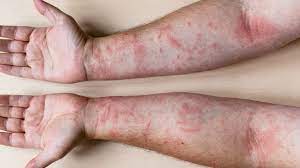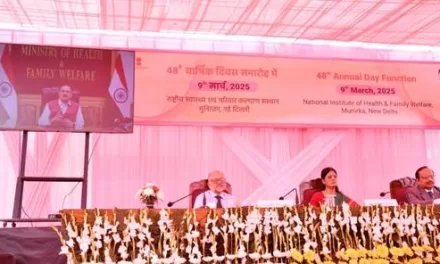A groundbreaking study from the University of Florida Institute of Food and Agricultural Sciences (UF/IFAS) and the UF College of Medicine reveals a potential breakthrough in protecting infants from COVID-19. Lactating mothers who receive the COVID-19 booster shot transmit antibodies through breast milk, potentially safeguarding babies too young to be vaccinated.
Published in Frontiers in Nutrition, the study marks the third installment in a series investigating the transfer of antibody protection via breast milk from mothers who received their initial COVID-19 vaccinations, including booster shots. The research, funded by the Gerber Foundation and the Children’s Miracle Network, underscores the vital role breast milk may play in shielding infants from COVID-19 during their first six months of life.
Dr. Vivian Valcarce, a former UF College of Medicine researcher now at the University of Alabama at Birmingham, underscores the significance of breast milk in infant protection against COVID-19. “We continue to see babies being hospitalized from COVID-19 infections,” she says, emphasizing the urgency of understanding the potential benefits of breast milk antibodies.
Led by Joseph Larkin, UF/IFAS associate professor of microbiology and cell science, the study examines how breast milk antibody protection evolves following a mother’s COVID-19 booster shot. Researchers analyzed antibody response and functionality in breast milk and confirmed the presence of antibodies in babies who consumed breast milk containing COVID-19 antibodies.
According to Larkin, breastfeeding may offer crucial COVID-19 antibodies to infants too young for vaccination, particularly as maternal antibodies naturally diminish over time. “When babies are born, they have an immature immune system, so they rely heavily on mom’s immune system,” he explains, highlighting breastfeeding as a vital interim solution as infants develop their own immune defenses.
While some antibodies are transferred to fetuses through the placenta, this initial protection diminishes over time. The study, which followed 14 lactating mothers and their babies before and after receiving COVID-19 booster shots, confirmed the presence of antibodies in breast milk and their effectiveness in neutralizing the virus.
Lauren Stafford, a UF/IFAS graduate research assistant and Ph.D. candidate in microbiology and cell science, explains that the breast milk antibodies successfully disabled the COVID-19 virus strain in lab tests, indicating their protective efficacy.
The collaborative effort between UF/IFAS and the UF College of Medicine, spearheaded by Dr. Josef Neu, underscores the vital role of breast milk and breastfeeding in safeguarding infant health during the pandemic. “This shows how important breast milk and breastfeeding is for infant health during a pandemic,” emphasizes Valcarce, highlighting the potential of breast milk antibodies to mitigate COVID-19 risk in vulnerable infants.












